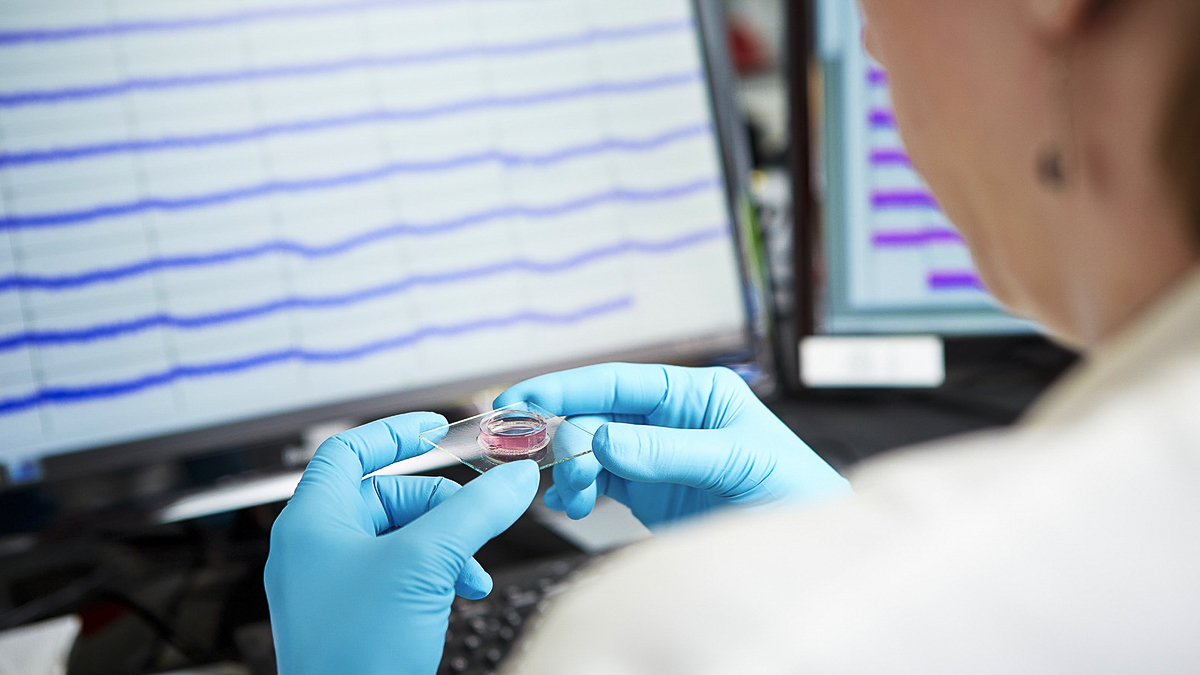Our research is driven by our desire to help solve some of society’s greatest scientific challenges. 100% of our research is of international standing (REF 2021, combining 4*, 3* and 2* submissions – Chemistry) and 100% of our research impact has been classed ‘outstanding’ or ‘very considerable’ (REF 2021, combining 4* and 3*submissions – Chemistry).
Our Department carries out research in three main areas of excellence:
• Chemistry for Health
• Materials for Energy and the Environment
• Polymers and Soft Matter


